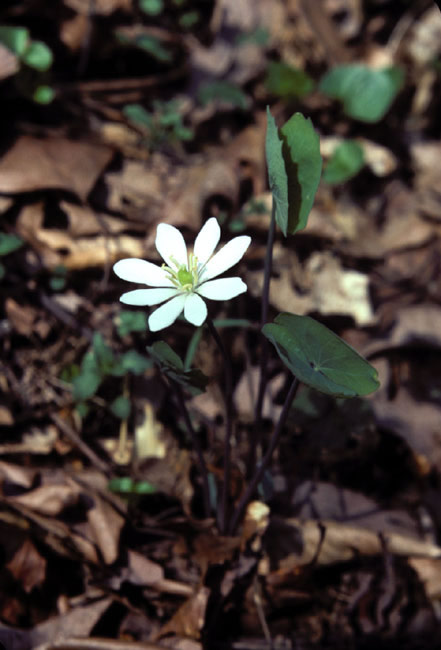
Spiritual Sunday
I’ve been thumbing through Wendell Berry’s This Day: Sabbath Poems Collected & New, 1979-2013 and have found a poem that fits the season. One can see how it might have emerged from Berry’s Emily Dickinson-like way of observing the Sabbath.
Noting that he is a “bad weather churchgoer,” Berry often heads for a Dickinsonian orchard or some other outdoor spot when the weather is good. In Berry’s eyes, the Sabbath is “as rich and demanding an idea as any I know.” By resting on the sabbath while the world goes on of its own accord, we are reminded that the world’s work is
far more complex and wonderful than any work we have ever done or will ever do. It is more complex and wonderful than we will ever understand.
On the Sabbath, Berry experiences
a lovely freedom from expectations—other people’s and also my own. I go free from the tasks and intentions of my workdays, and so my mind becomes hospitable to unintended thought: to what I am very willing to call inspiration. The poems come incidentally or they do not come at all. If the Muse leaves me alone, I leave her alone. To be quiet, even wordless, in a good place is a better gift than poetry.
Berry chooses spots “where nature’s principles of self-sustaining wholeness and health are still evident.” In such places,
the natural and the supernatural, the heavenly and the earthly, the soul and the body, the wondrous and the ordinary, all appear to occur together in the one fabric of creation. All stand both upon the earth and upon the fundamental miracle that where once was nothing now we have these creatures in this place on this day. In such a place one might expectably come to rest, with trust renewed in the creation’s power to exist and to continue.
We see such trust renewed when Berry ventures out a cold day in March and finds “the purplish stems, leaves, and buds” of twinleaf. “Infinitely expectant,” they “straighten/slowly into the light after/ the nights of frost.”
No matter how long the darkness of winter, there is always the “possibility of this return.”
Lift up the dead leaves
and see, waiting
in the dark, in cold March,
the purplish stems, leaves,
and buds of twinleaf,
infinitely tender, infinitely
expectant. They straighten
slowly into the light after
the nights of frost. At last
the venture is made: the brief
blossoms open, the petals fall,
the hinged capsules of seed
grow big. The possibility
of this return returns
again to the seed, the dark,
the long wait, and the light again.

